Vietnam is the second biggest producer of rice worldwide. An Giang, in the Mekong Delta, is the most productive region in the country. Rice also means waste, rice husk and straw. Today 40% of the husk is used for kilns but most of it is dumped in the rivers and canals. Both ways are environmentally unfriendly.
At the same time there is lack of electricity in the south if Vietnam. Many of the rice plants are standing still every third day due to the problems with electricity.
In An Giang they need both more electricity and environmentally friendly systems for taking care of the waste. The rice husk could be used as fuel in small electricity plants. One possible option might be to use the gasification technology developed in Piteå.
The project in An Giang
There is a need in An Giang to develop strategies where rice husk also can contribute to improve the living conditions for the rice farmers. For many rice farmers the daily income is less than 1 $ a day. This is the area for cooperation between Piteå and An Giang.
When the Climate- and Energy plan was processed and produced in Piteå many people from different target groups were involved. It was important in order to get a plan which was going to contribute to a sustainable community. The experiences made in that process is valuable for the work that will be done in An Giang. We on the other hand will broaden our minds when we work with sustainability from a global perspective and the work willl most probably make foot prints in our Climate- and Energy plan which will be revised in 2014.
Objectives
To develop increased knowledge and understanding of global sustainability issues in the area of energy and climate from an exchange of experiences between the Municipality of Piteå, Sweden and the Province of An Giang, Vietnam.
To develop of a climate and energy strategy focusing on bio Energy in both Piteå and An Giang
Involve the People's Committee bodies at district level in the Province of An Giang in a process that has a final goal that all will work according to a developed program focused on rice waste, bio energy and climate change.
Financing
The project is financed by SIDA with 2, 4 million for the time of the project which is three years. It covers the costs for the exchange that will be done during the period.
Participants
There is a monitoring committee with representatives from Piteå municipality, Solander Sciece Park and from People’s Committee in the An Giang province. A group of professionals from Pireva and from the municipality of Piteå are also participating as well as professionals from An Giang. During these years both the professionals and monitoring committee will meet, for exchange of experiences, work together and have training activities.
The first visit in the project was done to An Giang in March 2012.
